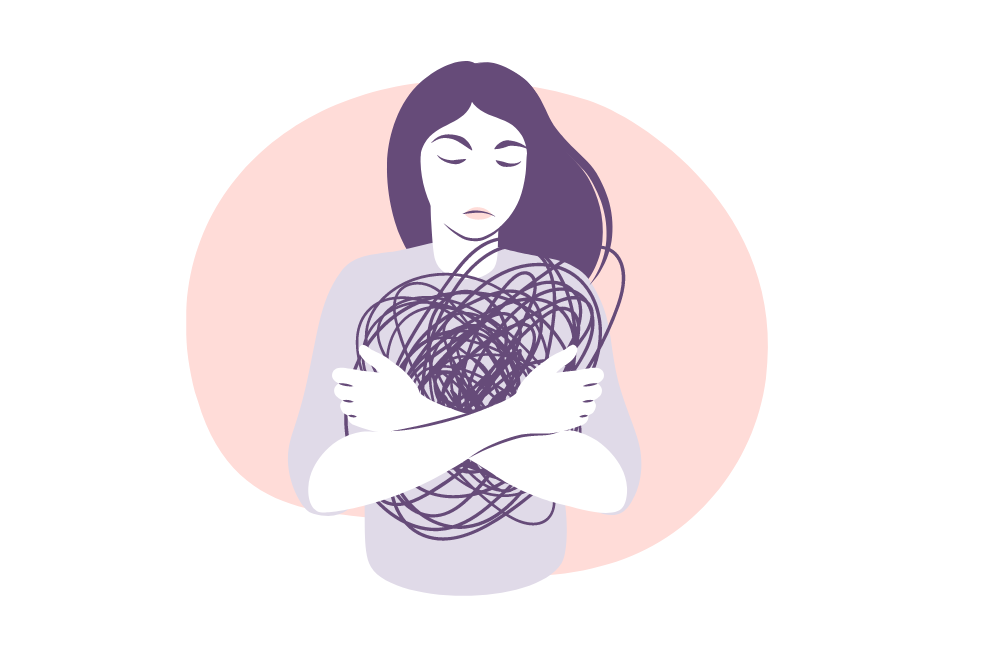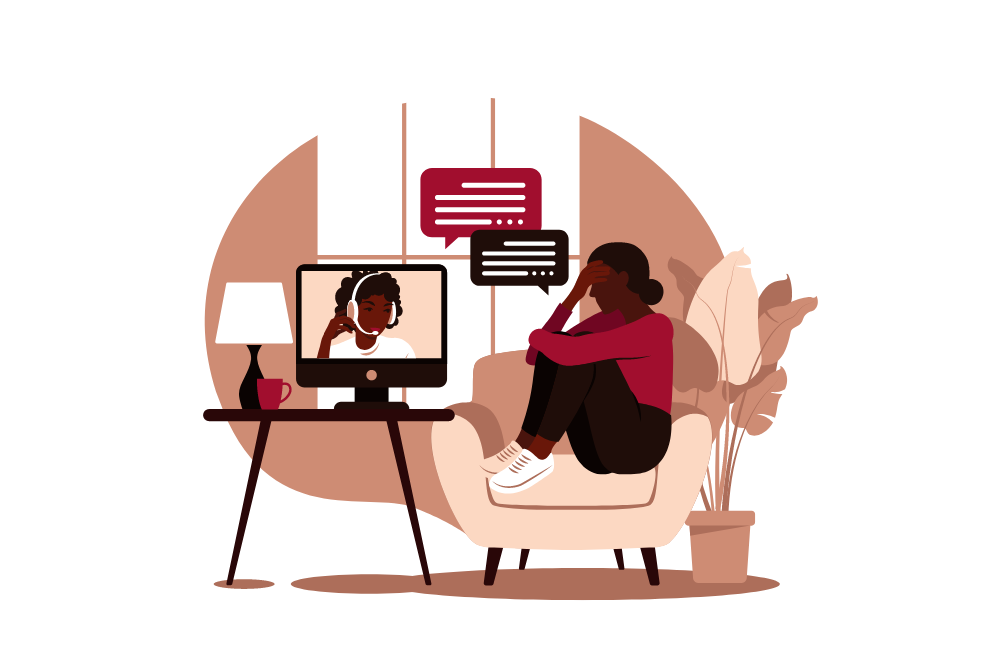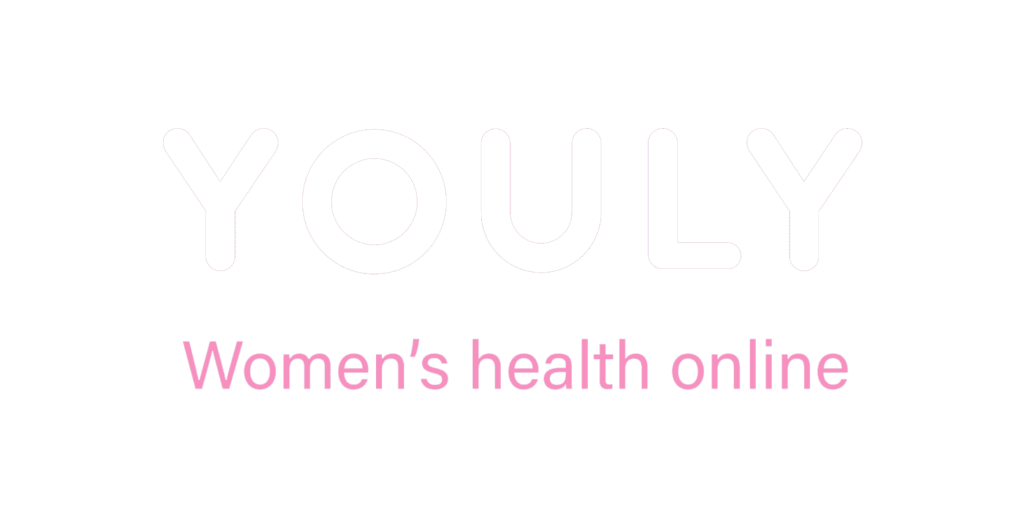Disclaimer: This blog provides guidance for individuals facing medical gaslighting. It is important to acknowledge that healthcare providers may unknowingly engage in gaslighting. This article emphasises empathy, open communication, self-advocacy, and seeking second opinions for comprehensive and personalised medical care. Constructive dialogue with healthcare providers is key to promoting patient well-being and addressing potential gaslighting instances.
You may be familiar with the form of gaslighting linked with popular dating apps like Tinder and Bumble. But did you know there’s also a medical form of gaslighting that exists within the walls of doctor’s clinics and hospitals?
Derived from the original term of gaslighting – a subtle form of emotional abuse used by a manipulator to make the victim question their reality – medical gaslighting is a harmful practice where healthcare professionals dismiss, invalidate, or downplay a patient’s symptoms, concerns or experiences, making them doubt their health issues, or feel like they are exaggerating or imagining things.
The worst part is that those who belong to marginalised groups, such as women, people of colour, and those with chronic illnesses or mental health conditions, are most likely to experience medical gaslighting. This behaviour can lead to delayed or inadequate medical care, worsening health outcomes, and emotional stress, fading the trust between patients and healthcare providers.
So, we’re here to help you recognise medical gaslighting and learn what to do if medical gaslighting occurs when you’re in the doctor’s office.

Spotting the Signs: How to Spot Medical Gaslighting
Whether it’s common women’s health issues or more serious medical conditions, medical gaslighting can be a distressing experience for anyone seeking medical help. Knowing the key signs of medical gaslighting can help you identify and address them effectively. Medical gaslighting occurs when a healthcare professional:
Downplays your symptoms
One common sign of medical gaslighting is when a healthcare professional downplays or trivialises your symptoms. They may say things like, “It’s all in your head,” or “You’re exaggerating.” Remember, your symptoms are valid, and it’s essential to find a healthcare professional who acknowledges them.
Dismisses or ignores concerns
Another red flag is when your worries or questions are dismissed without a proper explanation. A healthcare provider who disregards your worries or makes you feel like you’re overreacting may be engaging in medical gaslighting.
Plays the blame game
Medical gaslighting sometimes involves healthcare providers blaming the patient for their health issues. They might say things like, “You’re not taking care of yourself properly,” or “You’re just seeking attention.” Remember, it’s not always your fault if you’re experiencing health problems, and you deserve support and understanding.
Withholds information
If your healthcare provider avoids giving you clear information about your condition, treatment options, or test results, it could be a sign of gaslighting. Open and honest communication is important for your well-being, and you have the right to be fully informed about your healthcare and medical records.
Invalidates your emotions
Medical gaslighting may involve invalidating or dismissing your emotions. Suppose a healthcare provider tells you that you’re being overly emotional or that your feelings aren’t valid. In that case, it’s important to recognise that your emotions are valid and that you deserve empathy and understanding.
Spotting the signs of medical gaslighting is the first step towards addressing the issue. If you suspect you’re experiencing unfair treatment in a medical setting, consider seeking a second opinion from another healthcare provider who will listen to you and provide the care and support you deserve.

Trusting Your Instincts: Confirming Your Experiences are Valid
Trusting your instincts and confirming the validity of your experiences is paramount for your health. Your intuition and awareness of your own body are valuable sources of information – no one knows your body better than you. If something feels off or you have persistent symptoms that concern you, listening to that inner voice is important. Don’t dismiss your concerns or let others undermine your experiences. Educate yourself, seek validation from trusted sources, and consider getting a second opinion.
Seeking a Second Opinion: Standing Up for Your Health
Seeking a second opinion is a great way to stand up for your health and make sure you receive the best possible care. If you feel unheard, dismissed, or unsure about a diagnosis or treatment plan, don’t hesitate to seek another healthcare provider’s perspective. Getting a second opinion allows you to gather different insights, explore alternative options, and make informed decisions about your health.
Collecting Evidence: Keeping Track of Your Concerns
Collecting evidence isn’t only reserved for TV shows like Law and Order. Gathering evidence and keeping track of your health concerns and medical symptoms is an important step in advocating for your health and ensuring your experiences are taken seriously.
By documenting your symptoms, observations, and any relevant information, you create a tangible record that can support your case and help healthcare providers understand the full scope of your situation. Here’s why collecting evidence is vital:
- Accuracy and clarity: Writing down specific details about your symptoms, including when they occur, their intensity, duration, and any triggering factors, provides a clear and accurate account of your experiences. This information can help healthcare providers better understand your condition and make informed decisions regarding your care.
- Patterns and trends: By consistently tracking your concerns, you may notice patterns or trends that offer valuable insights. For example, you may discover certain activities or environmental factors worsen your symptoms. This knowledge can help you and your healthcare team identify potential triggers and develop personalised treatment plans.
- Objective information: Written documentation of your experiences adds an objective element to your subjective symptoms. This can be particularly useful if you face scepticism or medical gaslighting, as it provides concrete evidence that validates your concerns and helps counteract any attempts to undermine or dismiss them.
- Improved communication: Sharing your documented concerns with healthcare providers enhances communication during appointments. It ensures you remember to mention important details and allows you to provide a full scope of your medical history, which can assist in accurate diagnosis and appropriate treatment decisions.
- Empowerment and self-advocacy: Collecting evidence empowers you to actively participate in your healthcare. It shows that you are engaged, attentive, and invested in solving your health concerns. It demonstrates to healthcare providers that you are an informed and proactive patient who deserves to be heard and taken seriously.
Remember to be diligent – include dates, times, descriptions, and any relevant factors surrounding your concerns. Use a journal, a symptom tracker app, or any other method that works best for you.

Finding Support: Connecting with Others Who Understand
Whether it’s a friend or family member, finding support and connecting with others who understand can be incredibly helpful when facing medical challenges. Here’s why seeking support is important:
- Validation and empathy: Interacting with friends and family members who have faced similar health issues helps validate your experiences. They can understand the emotional and physical impact of your condition, offering empathy and support.
- Shared knowledge and experiences: Connecting with others who have gone through similar health journeys allows you to tap into their knowledge and experiences. They may offer insights, practical advice, or coping strategies you haven’t considered.
- Emotional support: Dealing with health issues can be emotionally challenging, and having a support network can provide a safe space to express your fears, frustrations, and anxieties. Sharing your emotions with understanding a friend or family member who has faced the same symptoms or similar struggles can ease feelings of isolation and provide comfort when you’re feeling low.
- Empowerment and advocacy: Engaging with a supportive community can empower you to advocate more effectively for your health. You can learn from other’s experiences and gain knowledge to ask informed questions, seek second opinions, and make well-informed decisions regarding your care. Feeling supported can give you the confidence to speak up and assert your needs with healthcare professionals.
- Online support groups and communities: In addition to local support groups, many online platforms and communities are dedicated to specific health conditions. These communities provide a convenient way to connect with others who share your experiences, even if they are geographically distant. Online support groups offer a space for discussions, sharing resources and medical research, and finding understanding and guidance.
Finding support doesn’t mean you’re alone or weak; you’re seeking connections that can strengthen and uplift you during your health journey. Whether through local support groups, online communities, or personal connections, reaching out to others who understand can make a major difference in your well-being and resilience.

Educating Yourself: Becoming Informed and Empowered
Educating yourself about your health is an impactful way to become informed and empowered in your well-being. By actively seeking knowledge, you gain a deeper understanding of your condition, symptoms, treatment options, and potential outcomes.
Firstly, it enables you to have more meaningful conversations with healthcare professionals. When you have a solid understanding of your health, you can ask informed questions, discuss treatment alternatives, and participate in decision-making. This collaborative approach strengthens the patient-provider relationship, ensuring you receive the correct diagnosis and care.
Secondly, self-education helps you become an advocate for your well-being. By staying informed about your health, you can recognise when something doesn’t align with your knowledge or intuition. This empowers you to assert your needs, get a second opinion if necessary, and make informed choices that align with your values and preferences.
When seeking information, remember to consult reputable sources such as medical professionals, trusted websites, and evidence-based literature. Engage in ongoing learning, stay curious, and never hesitate to ask questions. With knowledge as your ally, you become active in your healthcare, making informed decisions and taking charge of your well-being.
Speaking Out: Communicating Clearly with Your Healthcare Professionals
When you express your symptoms, concerns, and medical history clearly and concisely, it helps your doctors gain a comprehensive understanding of your situation. This allows them to diagnose accurately, recommend appropriate tests, and develop personalised treatment plans.
Speaking out also means asking questions when something is unclear, seeking clarification, and actively participating in discussions about your health. By doing so, you become an informed and engaged partner in your healthcare, enhancing the overall quality of your medical care and promoting better health outcomes.

Taking Action: Reporting Medical Gaslighting for Accountability
Taking action and reporting medical gaslighting is an important step towards holding healthcare providers accountable for their actions. In Australia, there are several avenues you can explore to address medical gaslighting. Here’s some advice on taking action:
- Document your experiences: Keep a detailed record of instances where you felt medically gaslit, including dates, times, locations, and specific interactions or comments. This documentation will serve as evidence when making a formal complaint.
- Contact the healthcare provider’s complaints department: Most healthcare facilities have a complaints department or patient advocacy service. Reach out to them to express your concerns and provide documented evidence. They will guide you through the complaint process and investigate the matter internally.
- Lodge a complaint with regulatory authority: Different states and territories have their regulatory bodies responsible for overseeing healthcare professionals. For example, the Health Care Complaints Commission in New South Wales or the Office of the Health Ombudsman in Queensland. Research and contact the appropriate authority to file a formal complaint.
- Seek legal advice: If you believe you have suffered harm due to medical gaslighting, consulting with a lawyer specialising in medical negligence or malpractice can provide valuable guidance. They can help you understand your legal rights, assess the strength of your case, and advise on potential legal actions.
- Share your experiences: Consider sharing your story anonymously or publicly to raise awareness about medical gaslighting. Social media platforms, online forums, or patient advocacy groups can be effective channels to share your experiences and connect with others who may have similar stories.
Taking action against medical gaslighting requires courage and persistence. Advocating for yourself and others who may have experienced similar mistreatment is important. By reporting incidents and seeking accountability, you contribute to a safer and more patient-centred healthcare system in Australia.













